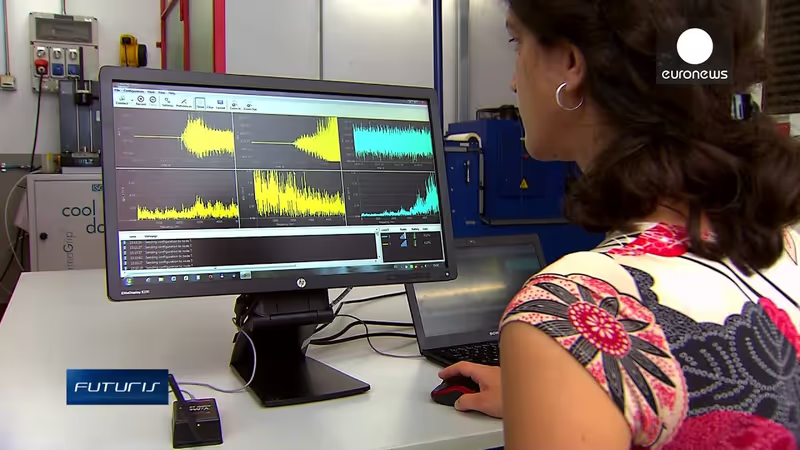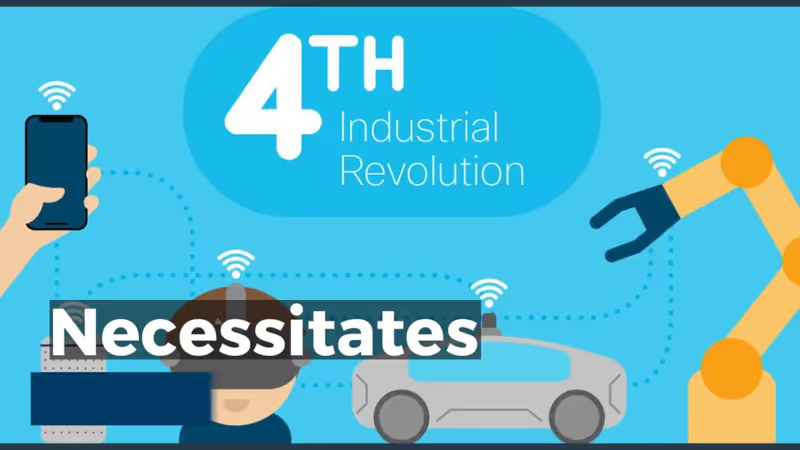Our research group specializes in networked smart sensing systems, also called Pervasive Systems. We are a multidisciplinary team of passionate researchers in the vibrant realm of Pervasive Computing, wireless systems, and sensor data analytics. Committed to addressing societal challenges, we harness cutting-edge and foundational technologies to drive impactful solutions. Our group, comprised of dedicated staff and around 25 PhD. students, collaboratively engages in diverse national and international projects. We regularly contribute to conferences and journals, consistently pushing the boundaries of knowledge and technology.
Please check our news page for the latest developments!
PERVASIVE SYSTEMS
What are Pervasive Systems? Pervasive systems are systems composed of a network of collaborative sensing, computational and reasoning components that are highly embedded in the environment and actively – yet unobtrusively – interact with it. Embedding millions of networked smart sensing objects into an environment creates a digital skin which senses its immediate space. These massively distributed networks of smart objects communicate with one another, analysing and interpreting the immense amount of low-level spatio-temporal information about the physical objects and the environment, in order to produce a representation of the contextual situation and the existing environmental conditions.
Situated at the core of the Internet of Things, our research has high societal and economic impacts in various applications in the area of Smart Urban, Smart Life, and Smart Industry. This includes domains such as environmental monitoring, ecology, ambient assisted living, agriculture, transport and mobility, smart industry, supply chain management, wellbeing, health, sports, asset management, and predictive maintenance. Our system-oriented research is inspired by real problems, which makes multi-disciplinary collaboration natural.
Research challenges. For pervasive systems to become reality and effective, we need to address several research challenges. Such distributed networks of smart objects cooperate to support various applications as unobtrusively as possible (transparently, accurately, natural interacting), making efficient use of scarce resources independent of growth (scalability and interoperability), in such a way that the system adapts to a dynamically changing environment (evolvability, adaptability), and that operates and gives results that can be relied upon (trust, privacy, security). Mainly due to resource constraints, devices and connections are inherently unreliable, yet the system should be able to provide reliable services (quality, fault-tolerance, autonomy).
Vision and mission
Our vision. We foresee a future in which the physical and digital worlds are intertwined, and that will be founded on data, connectivity, and intelligence. We believe that seamless integration of computing with the physical world via sensors and actuators and computing systems can lead to a sustainable world.
Our mission. Delivering fundamental smart sensing solutions for practical problems to provide the society higher living standards, greater safety, more comfort and efficiency in a sustainable world. This can be reflected into relevant application areas including smart transportation, distributed energy systems, smart health care and environmental monitoring.
How do we achieve this? The essence of our work is to create environments saturated with sensors, computers and wireless communications that gracefully support the needs of individuals and societies. This requires a holistic approach, which combines various innovations in various disciplines, while simultaneously creating the required interaction points between them. We believe that a combination of basic research and close collaboration with industry provides the best conditions for tackling exciting challenges in pervasive sensing, networking, and computing. Many of the key building blocks of this vision are technologies such as smart sensing, wearable devices, wireless networks and IoT platforms.
Expertise
Expertise. We perform world-leading research in networked computing systems and develop groundbreaking innovative and smart sensing solutions in our focus application domains. The combination of our leadership in smart sensing systems, wireless networking technologies, and embedded AI expertise is what makes us unique. We address the following research themes:
- Smart networked sensing systems: seamless integration of sensors, computation, and communication, wearable computing, wireless sensor networks, and innovative signal processing with machine learning algorithms to improve accuracy, robustness, and energy efficiency.
- Wireless networking technologies: wireless networking in challenging environments such as underwater, underground, intra-body, in flight and in space, opportunistic networks, urban/mobile crowd sensing & intelligence.
- Data Science and Embedded AI: models and algorithms, embedded and sustainable AI, federated learning, deep learning, activity recognition, context modeling and reasoning, convergence of IoT and Big Data.
Approach
Our approach. We perform research on the design, development, deployment and evaluation of mobile and pervasive computing systems and their applications. We usually employ experimental methodology in our research. Through the prototyping of novel and emerging applications, we discover new requirements, architectures, protocols and techniques for future networks and systems. Adopting such a pragmatic and experimental approach not only yields precise research results and insights, but also enables more direct dissemination of research results in both the academic and industrial research communities.
Our methodology is typical of the following:
- Cross layered and multi disciplinary - This provides the most opportunities for optimization, and allows to provide more complete solutions.
- Distributed systems – The use of distributed methods, with local processing or edge computing makes systems scalable, robust, and energy efficient. However, we are not dogmatic, and apply a centralized approach when possible or needed
- Self organising and learning – this is our basic method to make systems robust, secure, and scalable, in which the use of embedded ML and AI is a key approach.
We work closely with partners that provide real-world settings for our studies. We receive support from a wide range of local sources including NWO, EFRO, EU-level sources including European Commission, as well as directly from industry.
PS is part of EDGE - the Centre for Networked Systems and Intelligence. EDGE unites close to a hundred researchers from the University of Twente and partners across sectors, driving cutting-edge research in computing, communications, and sensing technologies. We bridge academia, industry, and government, facilitating knowledge exchange and collaboration.






